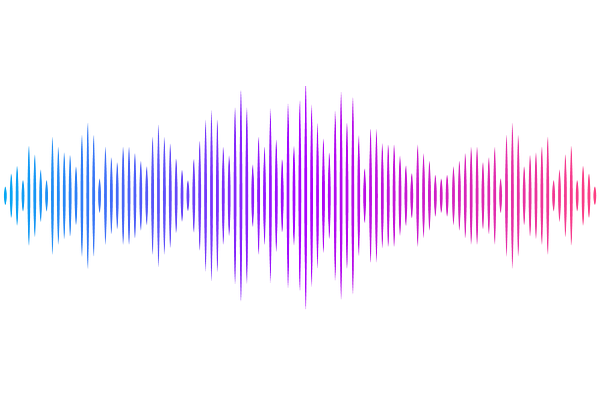Cortical reactive microglia activate astrocytes, increasing neurodegeneration in human alcohol use disorder

Cortical reactive microglia activate astrocytes, increasing neurodegeneration in human alcohol use disorder
Crews, F.; Qin, L.; Coleman, L.; Vetreno, R.
AbstractReactive microglia are associated with multiple brain diseases that may have specific disease phenotypes. Studies of human cortical microglia in alcohol use disorder (AUD) have characterized reactive microglial subtypes by transcriptome or histology. Preclinical studies have found proinflammatory signaling and microglia contribute to increases in alcohol drinking and preference, behaviors unique to AUD. This study of post-mortem human AUD combines microglial immunoreactivity (+IR) protein and changes in microglial gene expression (mRNA) in human orbital frontal cortex (OFC) in an effort to better characterize the reactive microglia associated with AUD. Since reactive microglia are linked to reactive astrocytes (GFAP+IR), oxidative DNA damage (8-hydroxy-2\'-deoxyguanosine (8-OHdG+IR), and neurodegeneration (NeuN, MAP2+IR), we assessed these markers within the OFC. AUD reactive microglia were identified by increases in Iba1, CD11b (Mac1-OX42), CX3CR1, CSF1R, CD68, CCR2, P2RY12, SYK, and TFE3+IR in AUD OFC compared to control moderate drinkers. Tmem119+IR was decreased in AUD brain. Several of these microglial genes had parallel changes in +IR protein and mRNA. However, several microglial markers commonly used to identify reactive microglia did not show changes in mRNA, including Iba1, CD68, P2RY12, and CSF1R+IR. Overall, AUD microglia show increases in monocyte phagocytic markers, but not TREM2, DAP, or complement genes. Reactive microglial markers were highly correlated with reactive astrocyte GFAP+IR, oxidative stress 8-OHdG+IR, and loss of neurons (NeuN, MAP2+IR). Mediation analysis indicated reactive microglia contribute to both reactive astrocytes and oxidative stress, but only reactive astrocytes were found to significantly contribute to loss of neurons (NeuN+IR). These findings are supported by mouse studies finding chronic ethanol exposure increases reactive astrocytes and oxidative stress that is inhibited by DREADD blockade of microglial activation. Our findings support a distinct AUD reactive microglial phenotype that activates astrocytes, contributing to AUD neurodegeneration and possibly heavy drinking.